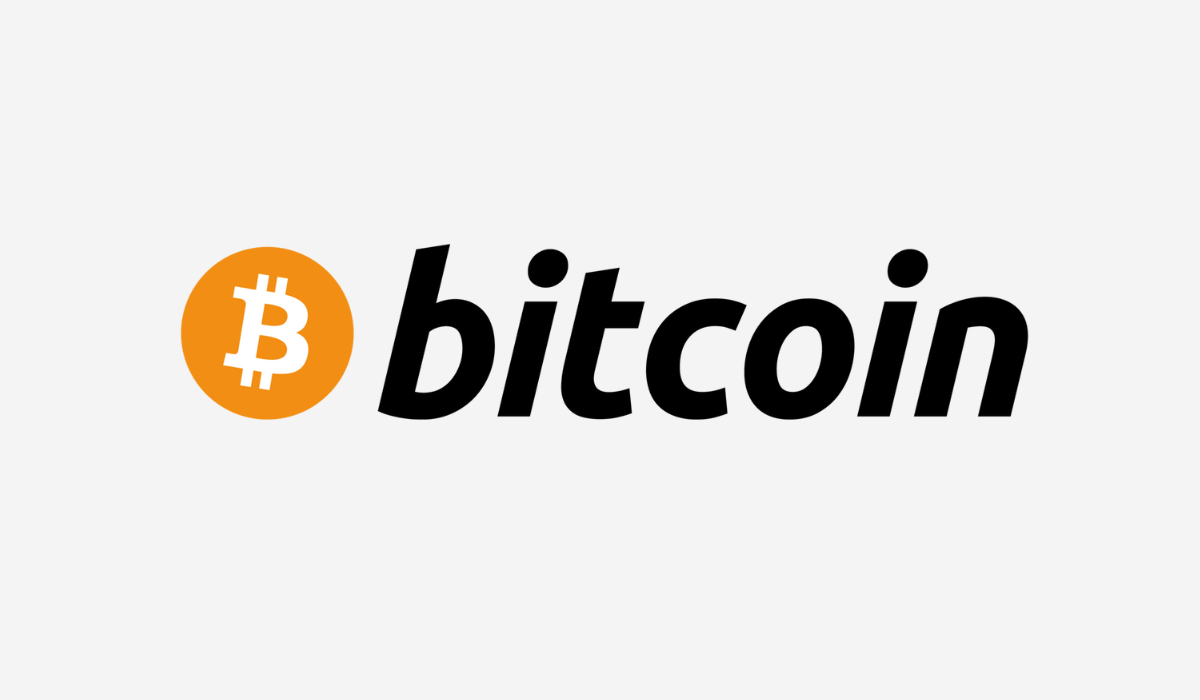
Bitcoin
Bitcoin is a decentralized digital currency, created in 2008 by an individual or group of individuals using the pseudonym Satoshi Nakamoto. It was introduced as open-source software in 2009, serving as the first cryptocurrency to enable peer-to-peer transactions without the need for intermediaries like banks or governments. Bitcoin transactions are verified by network nodes through cryptography and recorded in a publicly distributed ledger called a blockchain. The supply of Bitcoin is capped at 21 million coins, which ensures scarcity and is one of its defining characteristics.
The system is maintained by a process known as "mining," where individuals use computer power to solve complex mathematical problems. Miners are rewarded with new bitcoins, which also introduces new coins into circulation. Bitcoin's value is determined by supply and demand dynamics on cryptocurrency exchanges, and its price has seen significant volatility since its inception, drawing attention from investors, regulators, and economists globally.
Bitcoin can be used for various purposes, including online purchases, international remittances, and as an investment. Several companies have adopted Bitcoin as a form of payment, and some institutional investors consider it a store of value or hedge against inflation. However, Bitcoin has faced criticism and regulatory scrutiny over its association with illegal activities, potential for financial instability, and environmental concerns due to the energy-intensive nature of mining.
Despite regulatory challenges in some countries, Bitcoin has gained widespread acceptance, particularly as a speculative asset. It has led to the development of thousands of alternative cryptocurrencies, known as altcoins, and has spurred the growth of the broader blockchain and cryptocurrency industries.







